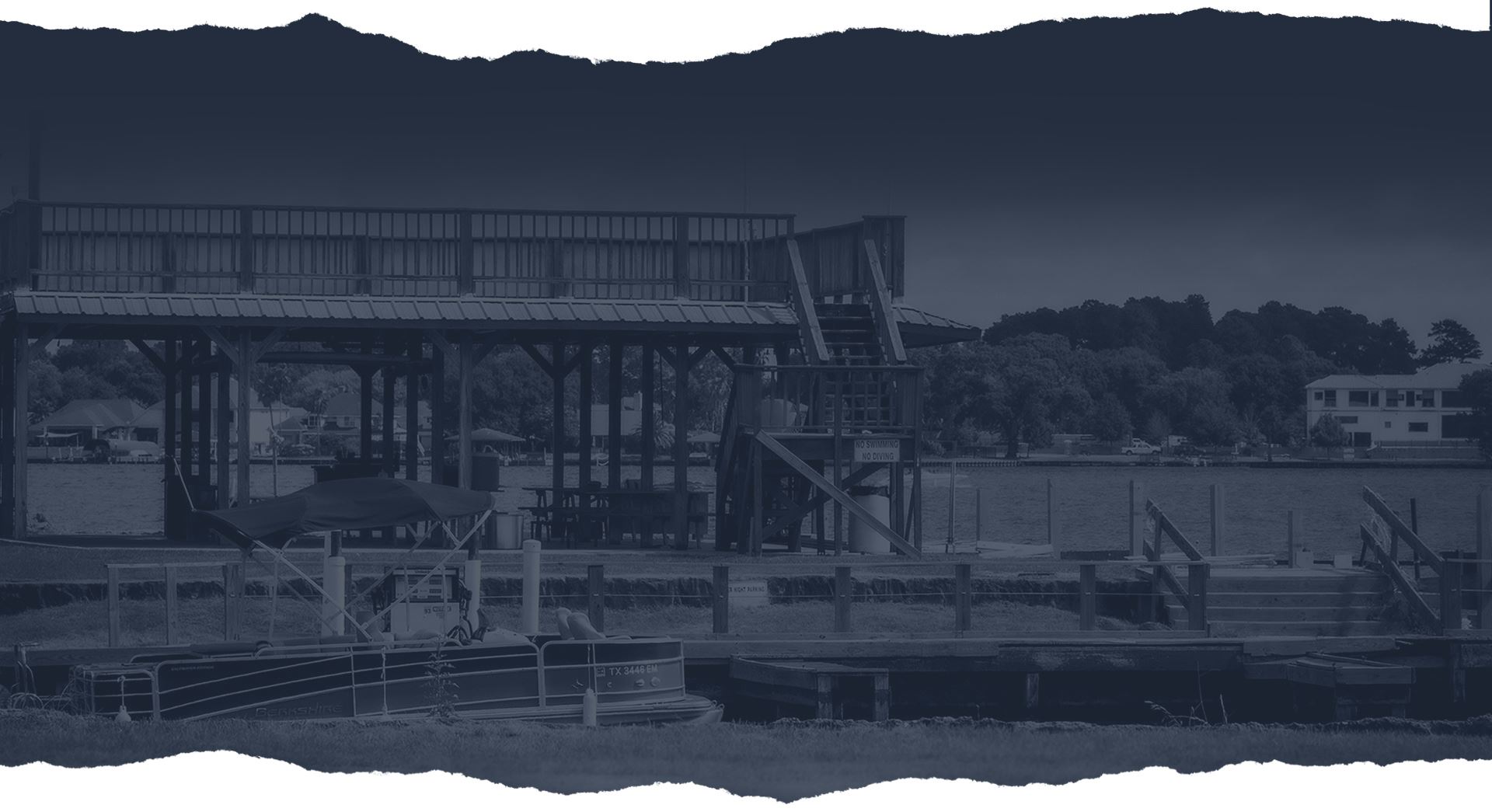Texas, like many states, operates under traditional at-fault car accident insurance laws. Under this system, if you suffer injuries and/or property damage in a crash, you can hold the negligent party responsible for expenses associated with medical bills, lost income, property damage, and pain and suffering.
As soon as the crash occurs, you can take various steps that help you obtain compensation, including collecting evidence that supports your claim to hold someone else accountable. With the at-fault system that Texas uses, you hold the burden of proof as the plaintiff in any car accident claim or lawsuit.
To help with your claim, we’ll use this blog to explain how you:
- Start the claims-filing process
- Show liability and negligence
- Speak with insurance adjusters
- Negotiate your settlement terms
We encourage you to call us at (936) 243-4299 for a free case review.
Starting the Claims-Filing Process
Law enforcement is required to investigate and provide a police report if your crash resulted in either injury, death, or property damage exceeding $1,000. Regardless of the amount of damage, you should contact your insurance provider and local law enforcement immediately after the crash.
Because Texas is an at-fault state, you should report the crash to your insurance company and give them the other driver’s insurance information as soon as it is safe to do so. This will start the claims process. From here, the other driver’s insurance company may reach out to you for a statement, if this happens, you should politely refuse and contact an attorney as soon as possible. Anything you say to the other driver’s insurance company will only harm you in the long run.
Showing Liability and Negligence
As a plaintiff (the person filing the claim or lawsuit), you hold the burden of proof (you must prove that the other driver was negligent) to show that someone else was responsible for your damages. Demonstrating liability requires hitting on four specific factors:
- A duty of care: All drivers must act with reasonable care to keep themselves, their passengers, other drivers, bicyclists, pedestrians, and others on the road safe.
- A breach in the duty of care: You must demonstrate that the other driver did not fulfill their obligation to drive safely.
- Negligence caused the accident: A breach in the duty of care may mean that the driver was negligent. This may include acts such as texting while driving, drunk driving, etc.
- Damages occurred because of the crash: To obtain any compensation, you must show that the crash led to damages, including physical injuries or property losses.
Obtaining evidence is the most effective method of proving liability. It’s vital to obtain accident reports from local law enforcement, photos of all vehicles and any visible injuries, photos of the accident scene, witness testimony, and any other evidence to help build a strong case.
Speaking with Insurance Adjusters
Insurance companies hire and train adjusters to protect their profits. These professionals prioritize paying out as little as possible, even if your damages warrant a significant settlement. As such, insurance adjusters often utilize various tactics to deny your claim, including the following:
- Disputing coverage and limits
- Claiming pre-existing injuries
- Recording your statement to try and find inconsistencies
- Delaying your claim until you accept a settlement
Whenever you deal with insurance adjusters, it’s best to have legal advocates in your corner who can provide you with insight and protect you from unethical tactics.
Negotiating Your Settlement Terms
Insurance adjusters may offer you a settlement for your losses. Keep in mind, there may be a feeling-out process, meaning insurance adjusters often offer less than you deserve based on their own evaluations rather than your needs to see if you agree with their offer.
The first offer is hardly ever sufficient enough to cover your losses. You shouldn’t accept the first offer without speaking with a lawyer to determine if it’s adequate.
If you feel you deserve more than this settlement offer, your legal team can negotiate. However, if the insurance company is unwilling to work with you in negotiations, you can file legal action to pursue the compensation you deserve for your losses.
At Scott Law Firm, you are our top priority. As a veteran-owned personal injury law firm, we are committed to the people in our community, not to insurance companies trying to save money at the expense of injured victims. Our Conroe car accident attorneys will be by your side every step of the way, serving as your voice against negligence.
Call our firm today at (936) 243-4299. We offer free consultations and work on a contingency fee basis, which means you don’t pay unless we win.


